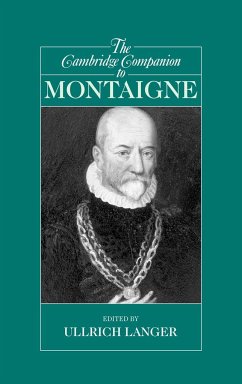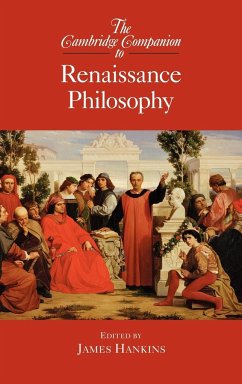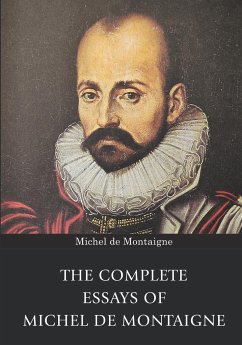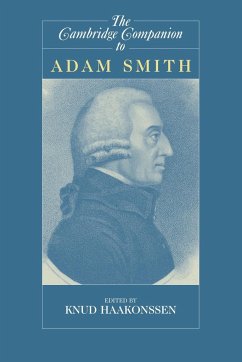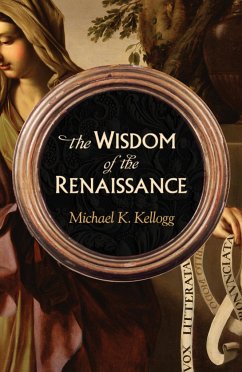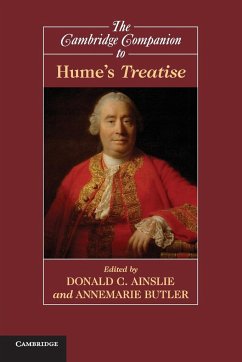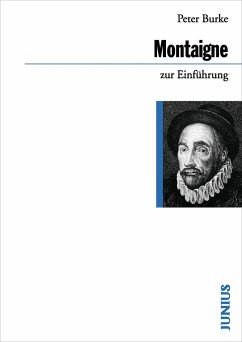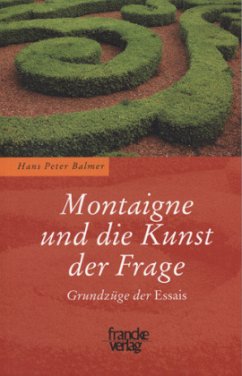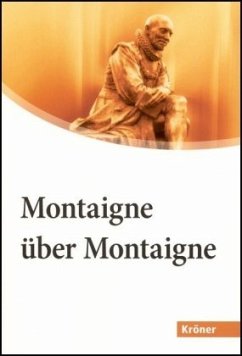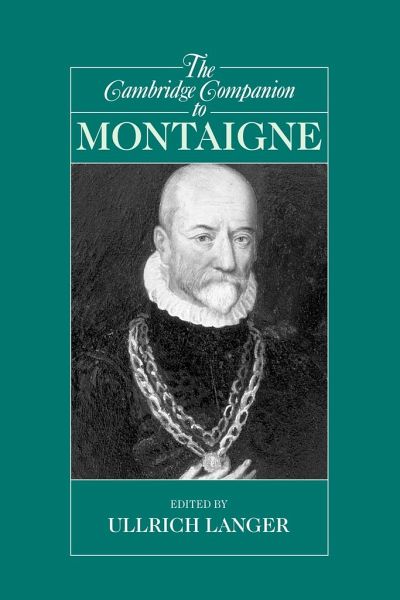
The Cambridge Companion to Montaigne
Versandkostenfrei!
Versandfertig in 1-2 Wochen
36,99 €
inkl. MwSt.
Weitere Ausgaben:

PAYBACK Punkte
18 °P sammeln!
Michel de Montaigne (1533-1592), the great Renaissance skeptic and pioneer of the essay form, is known for his innovative method of philosophical inquiry which mixes the anecdotal and the personal with serious critiques of human knowledge, politics and the law. He is the first European writer to be intensely interested in the representations of his own intimate life, including not just his reflections and emotions but also the state of his body. His rejection of fanaticism and cruelty and his admiration for the civilizations of the New World mark him out as a predecessor of modern notions of t...
Michel de Montaigne (1533-1592), the great Renaissance skeptic and pioneer of the essay form, is known for his innovative method of philosophical inquiry which mixes the anecdotal and the personal with serious critiques of human knowledge, politics and the law. He is the first European writer to be intensely interested in the representations of his own intimate life, including not just his reflections and emotions but also the state of his body. His rejection of fanaticism and cruelty and his admiration for the civilizations of the New World mark him out as a predecessor of modern notions of tolerance and acceptance of otherness. In this volume an international team of contributors explores the range of his philosophy and also examines the social and intellectual contexts in which his thought was expressed.





